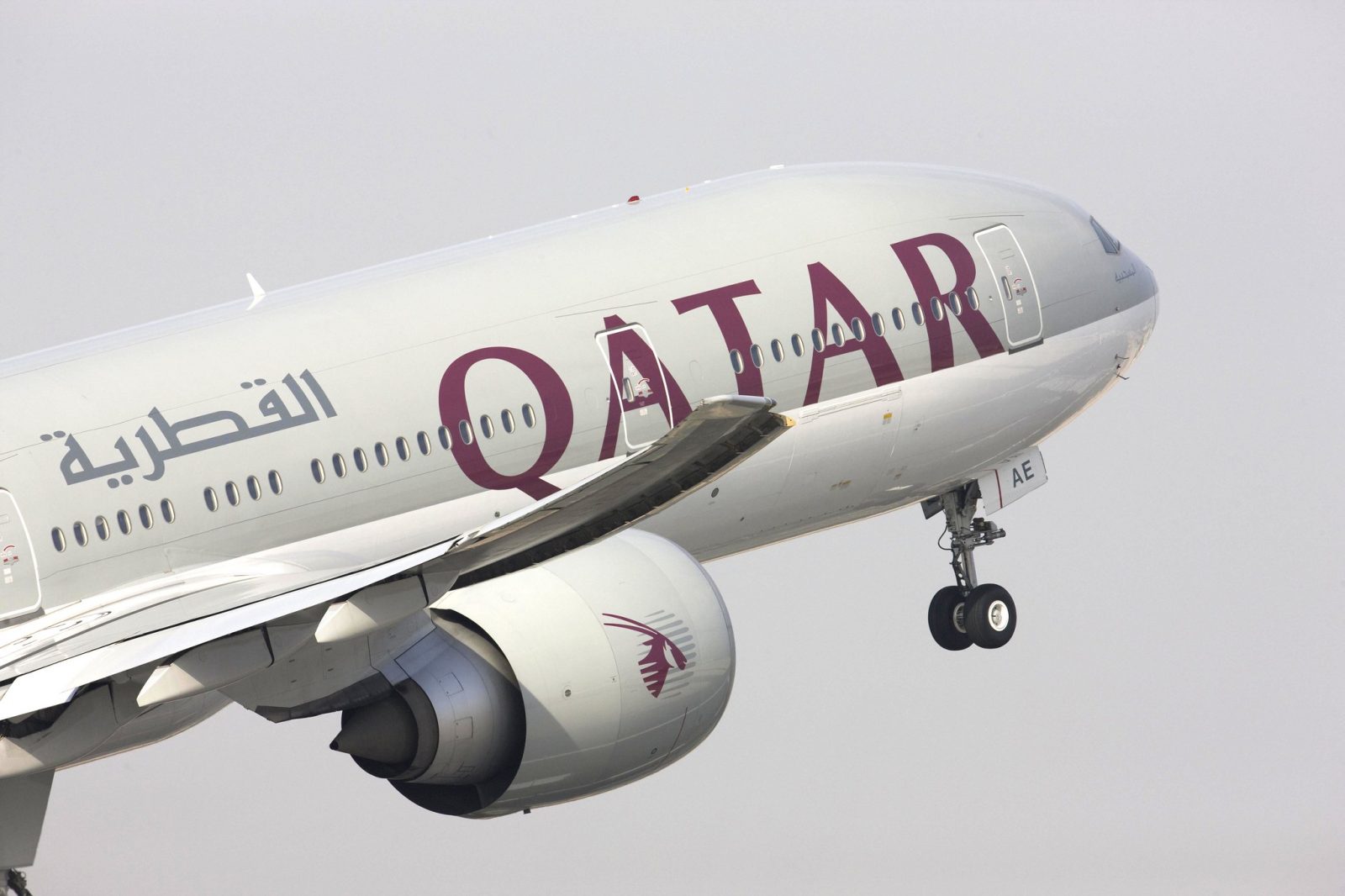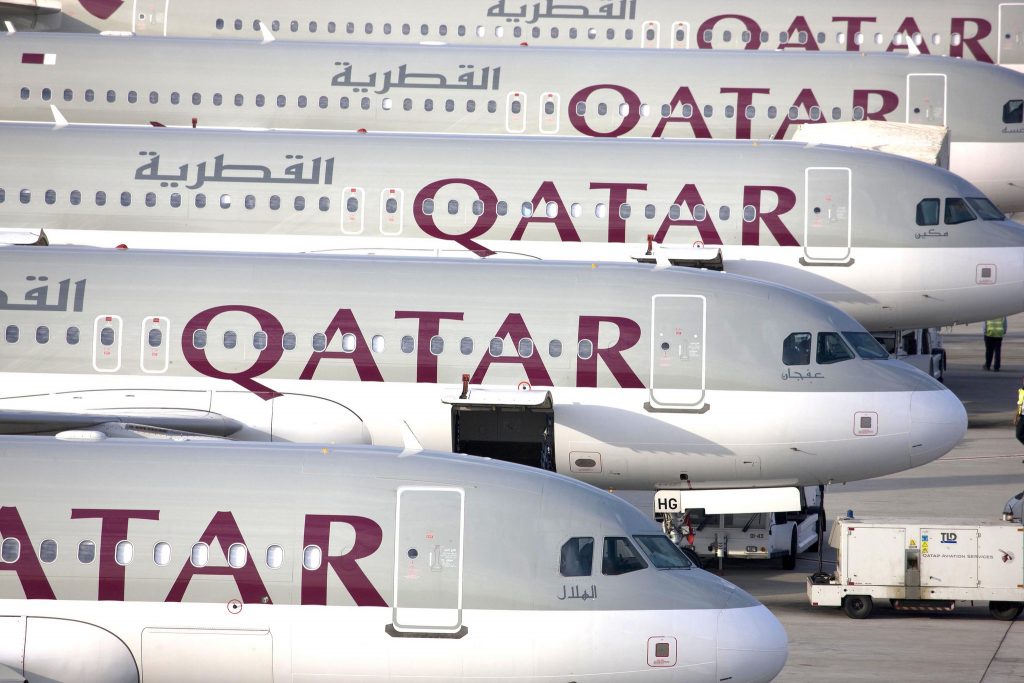
In a major victory for the Persian Gulf state of Qatar, the International Court of Justice in the Hague has ruled that the UN’s aviation watchdog has the right to hear a complaint over an “illegal” blockade imposed on Qatar for over three years by Saudi Arabia, Bahrain, Egypt and the United Arab Emirates.
In June 2017, the Saudi-led bloc severed diplomatic ties with Qatar, accusing the tiny but incredibly wealthy country of sponsoring international terrorism and acting in support of Iran – a major regional enemy of Saudi Arabia. Borders were immediately shut and Qatari nationals expelled from the blockading countries in the as yet to be resolved dispute.

The “restrictive measures” also included stopping all Qatari-registered aircraft from landing or departing from airports in the blockading countries, as well as banning Qatari planes from flying through their airspace, including the airspace that encompassed their territorial seas.
The only commercial airline in Qatar is the government-owned Qatar Airways which immediately had to start diverting its aircraft around the airspaces of the blockading nations. The airline also had four otherwise mature markets immediately destroyed.
The state of Qatar filed a dispute with the UN’s International Civil Aviation Organisation (ICAO) in an attempt to win an official ruling that the blockade was illegal which in turn would allow Qatar Airways to start flying freely over Saudi Arabia, Bahrain, Egypt and the United Arab Emirates.
ICAO ruled that it had the right to hear the complaint but the Saudi-led bloc appealed the decision which eventually went to the International Court of Justice. The ICJ rejected all three grounds of appeal raised by the Saudi led bloc, finding that the ICAO has jurisdiction to hear Qatar’s claims.
The blockading nations had attempted to argue that international aviation rules over the use of airspace – known as the Chicago Convention – didn’t apply because the situation was far bigger and the blockade was only the direct result of Qatar supporting and funding terrorists.
Qatar’s transport minister Jassim Saif Ahmed Al-Sulaiti reacted to the judgement saying the Saudi led bloc may now “finally face justice for violating international aviation rules.”
“Step by step their arguments are being dismantled, and Qatar’s position vindicated,” he continued.
But the UAE’s ambassador to the Netherlands, Dr Hissa Abdullah Al Otaiba said the judgement was “technical and limited to procedural issues”. She reiterated the UAE’s position that the blockade was imposed because of Qatar’s “longstanding support for terrorist and extremist groups and its active steps to promote unrest in the region.”
“We look forward to explaining to the ICAO Council that the UAE restricted Qatari planes from UAE airspace as one of a number of measures flowing from the termination of relations by ten states, including the UAE,’’ she said of the case.
For now, Qatar Airways remains barred from flying through the airspace of the blockading nations.
Mateusz Maszczynski honed his skills as an international flight attendant at the most prominent airline in the Middle East and has been flying ever since... most recently for a well known European airline. Matt is passionate about the aviation industry and has become an expert in passenger experience and human-centric stories. Always keeping an ear close to the ground, Matt's industry insights, analysis and news coverage is frequently relied upon by some of the biggest names in journalism.







